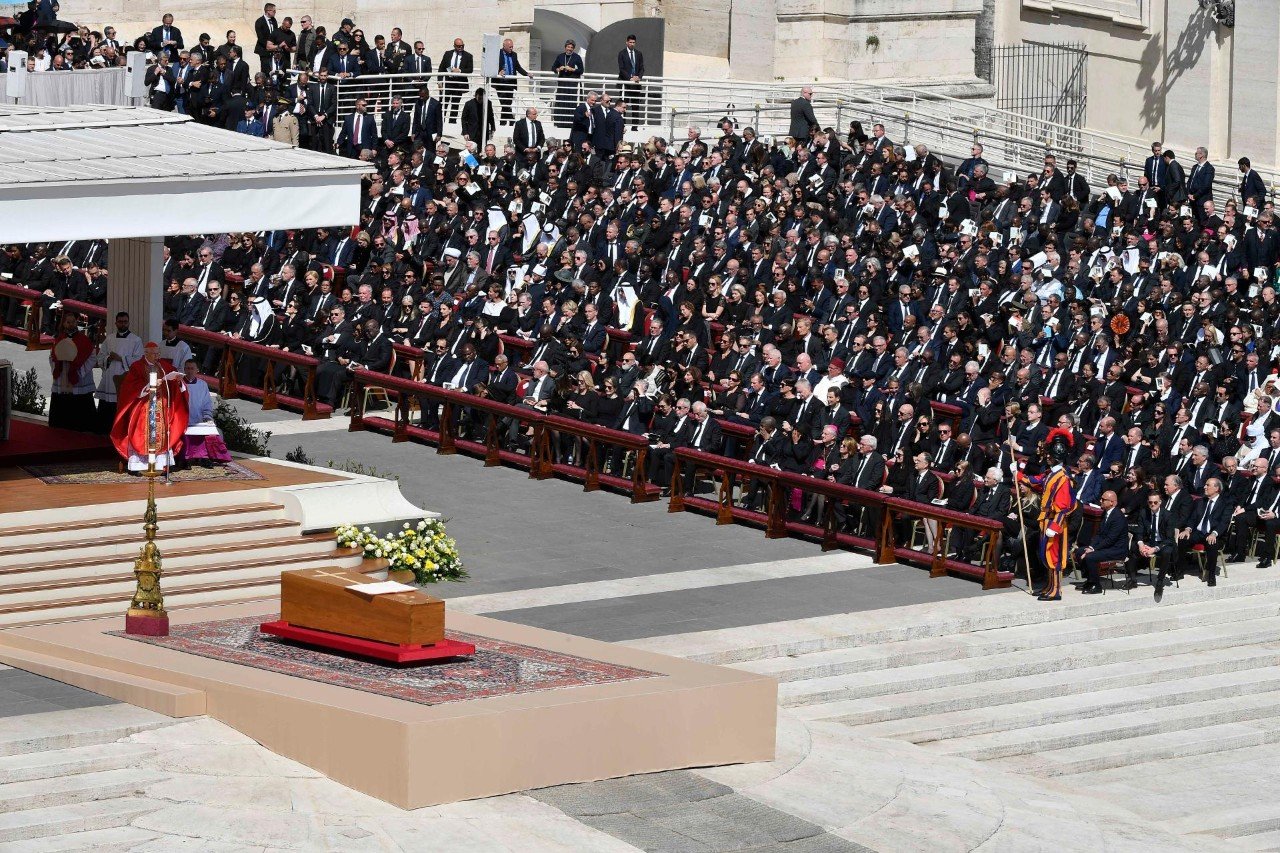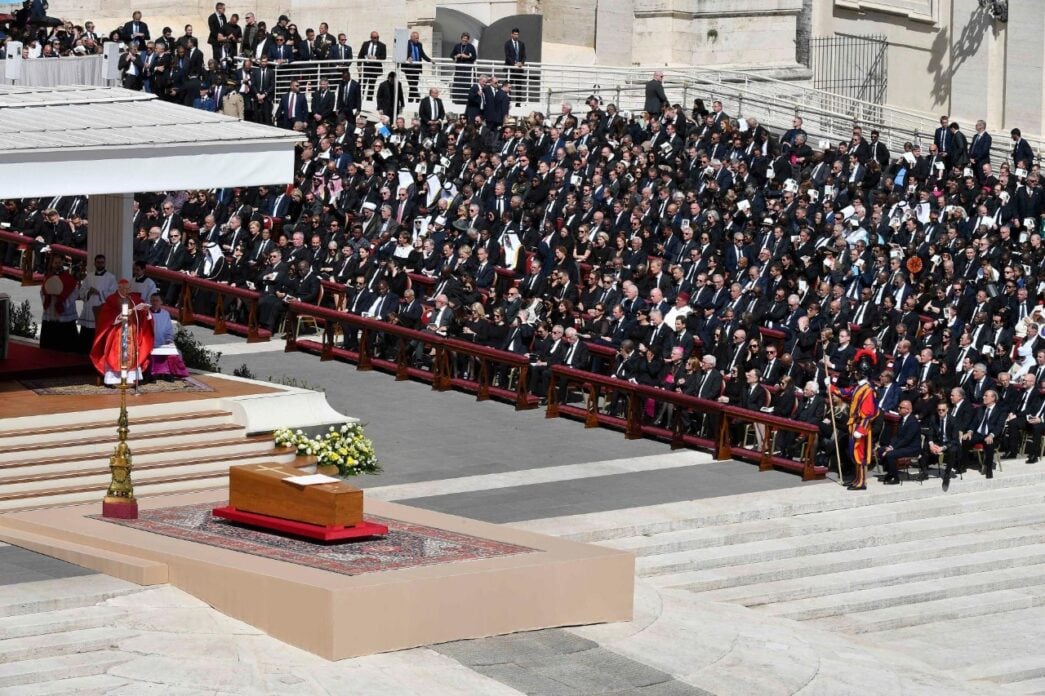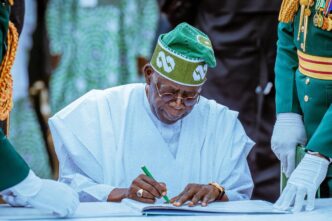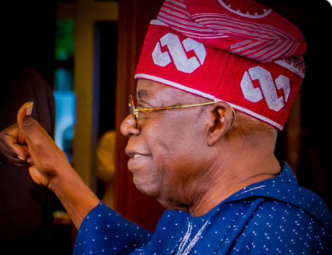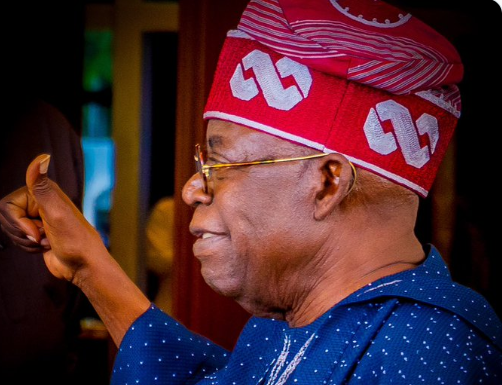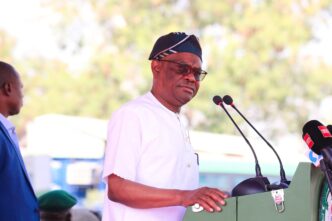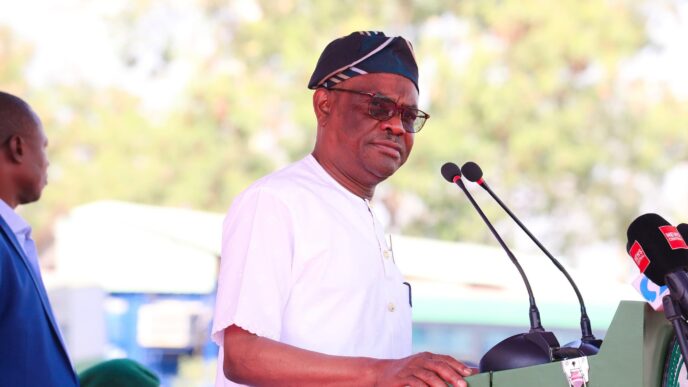The world came together on a warm April morning in Rome. Under Bernini’s wide colonnade, a simple wooden coffin lay, almost shy against the grand marble of St. Peter’s. It held the body of Jorge Mario Bergoglio, better known as Pope Francis; it also carried a final message, passed without words. As I watched the funeral, I wondered if the message would be clear to leaders in places where leadership is often about show instead of service. Nigeria, my country, came to mind, because its people long for leaders who serve with humility rather than rule with power.
At first glance, comparing a pope to political leaders might seem unconventional, but important commonalities exist. Upon reflection, parallels are audacious: a Catholic pontiff and a republic’s president inhabit very different orbits. Yet both preside over institutions that store immeasurable wealth-monetary, cultural, spiritual, and both command loyalties that can bless or wound the human spirit. The difference lies in the currency they spend. Francis traded almost exclusively in moral capital. His motorcade rarely stretched beyond a small Fiat. He lived in a guesthouse, took meals in a communal dining hall, and instructed that his funeral expenses be redirected to shelters for people experiencing homelessness.
In stark contrast, many political leaders, notably in Nigeria, have consolidated power through patronage, wealth accumulation, and coercion, severely damaging their credibility and the public’s trust. Nigerian power, by contrast, is often measured in sirens, convoys, and security votes, in the distance a public office holder can place between themselves and the exhaust of everyday life. The funeral invited a radical thought: what if legitimacy flowed from humility, not from the choreography of importance? This stress on the importance of humility in leadership could enlighten and provoke reflection on governance.
Humility, though, is not a mannerism. It is a decision made daily, a refusal to situate oneself above the collective story. Francis’ last request, “bury me outside the Vatican walls”, was a slight tectonic shift, the first such break with tradition in over a century. It told pilgrims and presidents alike that holiness is not the property of marble tombs but of living deeds. Pope Francis was buried in a simple wooden coffin instead of the traditional three-nested casket, symbolising a life dedicated to humility and service. This act is probably the first of its kind in papacy history. This powerful statement of reform and decentralisation challenged entrenched traditions that maintain privilege.
Advertisement
Nigerian leaders, accustomed to the trappings of power and privilege, could profoundly benefit from embracing servant-leadership that prioritises citizens’ welfare above personal gain. Imagine for a moment a Nigerian governor choosing to sleep occasionally in the wards of a rural clinic that lacks electricity, a senator commuting without escorts, or a budget speech opened with an apology to those whose dreams are still postponed. Such gestures, inspired by Pope Francis’ humility, would earn ridicule from cynics trained by years of theatrical piety, yet they might also crack the granite of distrust that politics has laid around the citizen’s heart.
Throughout his papacy, Francis consistently demonstrated simplicity, living modestly, rejecting extravagance, and continuously expressing empathy for ordinary people. For Nigerian political leaders, adopting similar modesty could substantially enhance their legitimacy, distancing them from the extravagant lifestyles that alienate them from the realities of the people they govern. By following Pope Francis’ example, Nigerian leaders could bridge the gap between themselves and the citizens they serve, fostering a deeper connection and understanding.
The scenes in Rome offered other lessons as subtle as incense. Refugees and cardinals knelt side by side; presidents exchanged the sign of peace; atheists joined murmured prayers. I thought of the Plateau and Benue, of plains made fertile by rivers and yet stained by cycles of reprisal killings, each side armed with grievances as old as maps. If a pope’s funeral could fold the devout and the doubtful into the same silence, perhaps state ceremonies in Nigeria could be reimagined as platforms for reconciliation rather than patronage. Symbols matter because they reach the imagination before the policy can touch the pocket. A wooden coffin whispered more convincingly than any communiqué on inclusive governance ever could.
Advertisement
None of this is to canonise a man in hindsight; Francis was criticised, resisted, and sometimes misunderstood. Reform always bruises the edges of comfort. But in death, he achieved what many living leaders rarely managed: he convinced opposing camps to pause their quarrels long enough to say, “Thank you, Father.” The applause that rippled through St Peter’s Square did not celebrate power captured; it celebrated power surrendered. How extraordinary and disconcerting to think that the shortest route to influence might be the surrender of privilege.
I wish to reference the testimony of Vinod Sekar, the Hindu philanthropist who once described being in the presence of “someone relentlessly good” pointing to Pope Francis. Sekar confessed that holiness ceased to be a place, temple, mosque, or cathedral, and became instead a verb: to shelter, to include, to feed. Nigeria’s streets are crowded with worship houses, yet the mood often tastes of scarcity- scarcity of trust, of light, of potable water, of the belief that tomorrow might be gentler than today. What if holiness were measured not by the decibels of our prayers but by the quality of our public schools and hospitals ? What if fiscal policy became a beatitude, not just a technical tool or to score cheap political point but a source of broad social good?
Authentic goodness, the kind that disarms calculation, cannot be legislated; it must be modelled. Leaders who publish their asset declaration unprompted, reject grandiose titles, and break bread with market women without cameras in tow begin to tilt the atmosphere. And atmospheres are contagious. When a pope chooses simplicity, bishops take notice; when a governor chooses public transport, commissioners start to wonder whether the show of might is worth its cost. A single act does not topple corruption, but it can short-circuit the logic that sustains it.
Critics will argue that symbolism is cheap and that coffins and cassocks cannot patch roads or fund hospitals. They are right, unless the symbol changes the story, and the story changes the budget. A nation cannot legislate self respect into its citizens while its leaders accumulate properties in distant capitals. Neither can it ask for sacrifice while official lips sip champagne at state banquets. The funeral in Rome stubbornly insisted that credibility is the one commodity no treasury can purchase; it must be earned in increments of integrity.
Advertisement
As I write, the image of that lone coffin lingers, framed by sunlight and the tear-streaked faces of strangers who felt seen by a man in white. Power looked strangely like the vulnerability that morning, and history tilted, not dramatically, but perceptibly, toward the possibility that public office might again be synonymous with public service. I imagine a version of that morning unfolding on Abuja’s Eagle Square: no imported SUVs, no choreography of arrival times to signal rank, only leaders standing shoulder to shoulder with nurses, farmers, students, and the internally displaced. I imagine a moment when applause signals not relief that the ceremony is over but gratitude that the example is true. Perhaps that is naïve. Yet every durable reform was once a naïveté stubborn enough to outlive its ridicule.
The cypress boards of Francis’ coffin will one day fade, but the memory of his choices will migrate from anecdote to folklore, from folklore to benchmark. Nigeria, a country whose anthem pleads to “build a nation where peace and justice shall reign”, needs new benchmarks more urgently than new oil blocks. It requires the quiet scandal of servant leadership to make corruption look as outdated as a triple-nested casket. Nigerian leaders should embrace key principles drawn from Pope Francis’ life and funeral rites: humility that transforms rulers into servant-leaders; real and courageous reforms dismantling corruption; moral authority grounded in integrity and humility; inclusivity that fosters unity across ethnic and religious divides; and a legacy defined by public trust rather than accumulated wealth.
Ultimately, Pope Francis’ funeral provided a profound narrative on leadership that Nigerian political figures must internalise. By embodying these principles, they can cultivate a governance system rooted in moral authority, transparency, and service, genuinely transforming their nation and securing a legacy that endures beyond wealth or power. I end where I began, in the quiet of that Roman square, listening to chants swell like a rising tide, watching a coffin slip into the basilica, and feeling the strange comfort of a paradox: the smaller the ego, the wider the circle of souls who find shelter beneath its shade. This truth, more than any doctrine, is the gospel political leadership must embrace if it hopes to bury an age of hollow grandeur and awaken a season of genuine hope.
Advertisement
Views expressed by contributors are strictly personal and not of TheCable.

